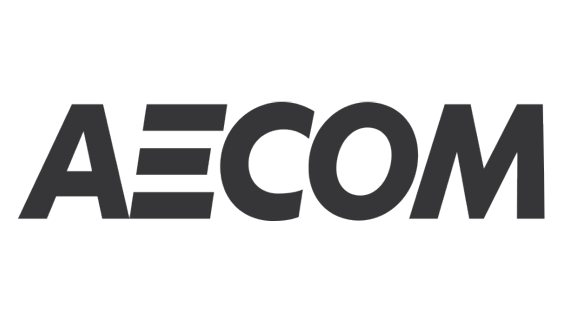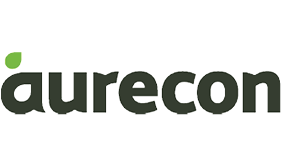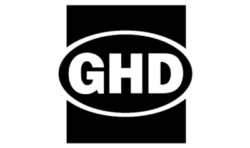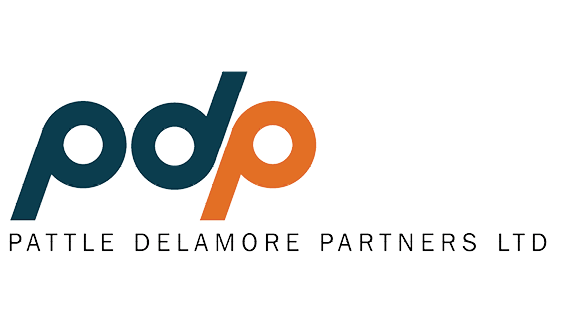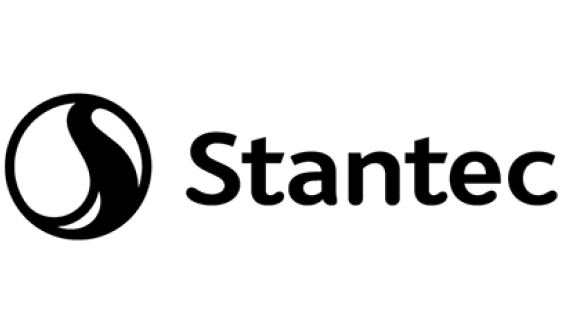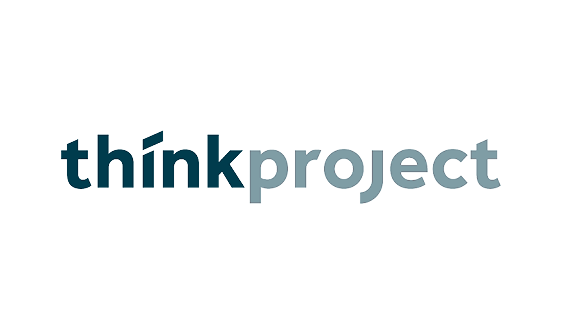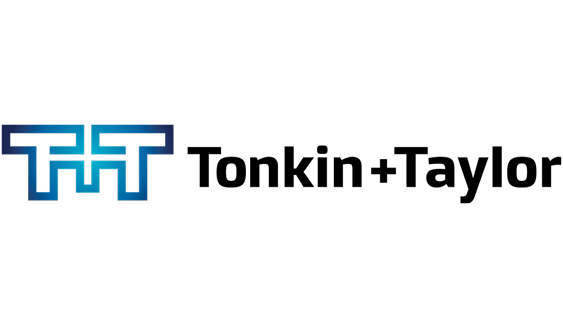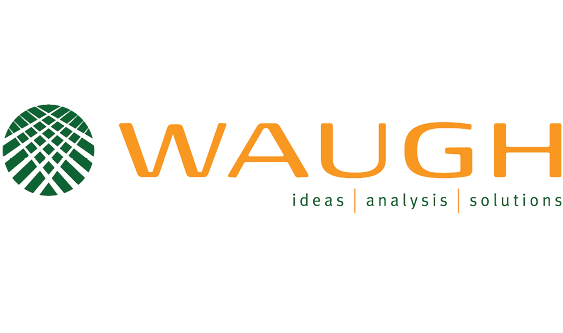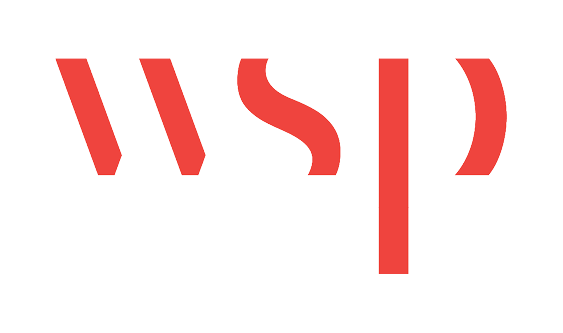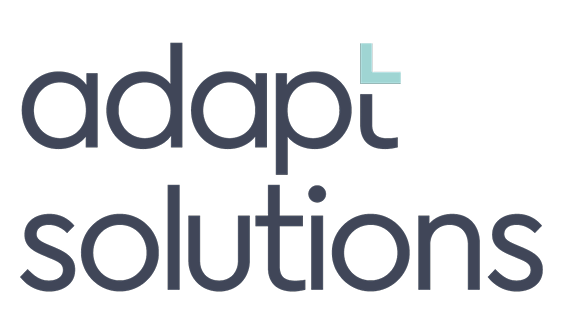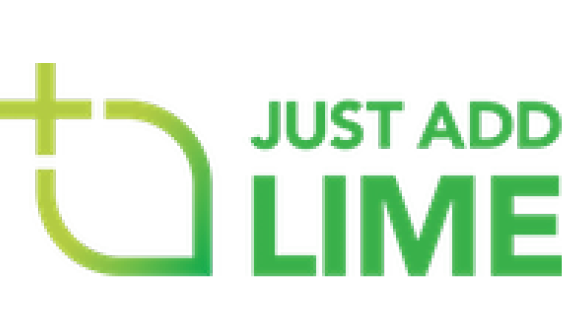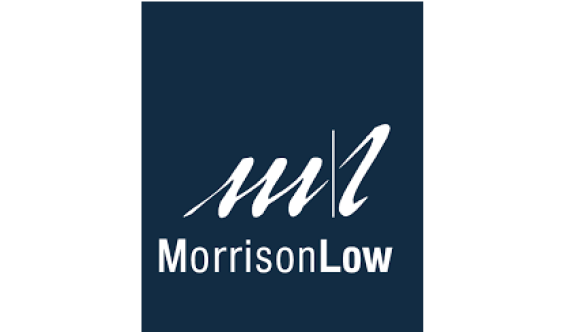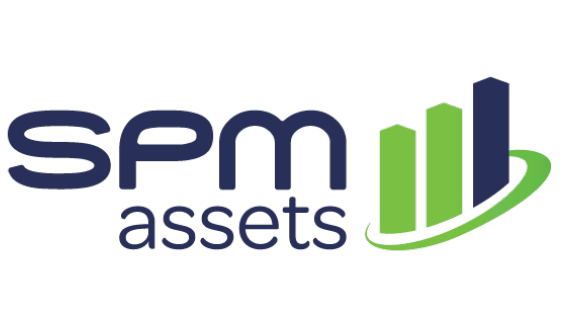“Asset Management through a Kaupapa Māori Lens” is a finalist in the Improvement Award category at the 2024 Āpōpō Awards.
This project required a bespoke Kaupapa Māori Asset Management Framework and assessment methodology. WSP developed it in collaboration with Te Tau Ihu Iwi and Nelson City Council. The Framework paves a path for continuous improvement and successfully brings people together on a journey finding new ways to work together.
All involved: WSP New Zealand Limited and Nelson City Council
This project required a bespoke Kaupapa Māori Asset Management Framework and assessment methodology. It was developed in collaboration with Te Tau Ihu Iwi and Nelson City Council and supports a process of continual improvement.
This framework was used to assess eight Activity Management Plans and is the first time such a process has been undertaken. The Framework established a structured monitoring and improvement plan based on ISO, NAMS and IIMM Maturity standards.
Key requests from the client were to create a “step change” in Asset Management planning through a collaborative approach that builds long-term relationships and gives substance to Te Ao Māori.
This Framework assesses each AMP’s responsiveness to seven Kaupapa Māori Asset Management principles. WSP ensured that this would be at the center of the Asset Management process not just an “add on”. The Framework successfully brings people together on a journey and finds new ways to work together.
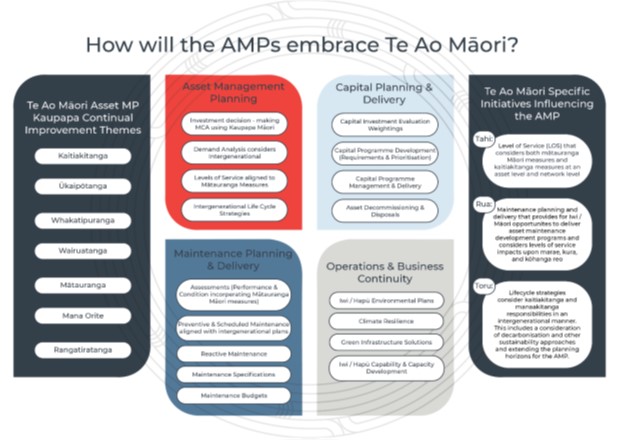
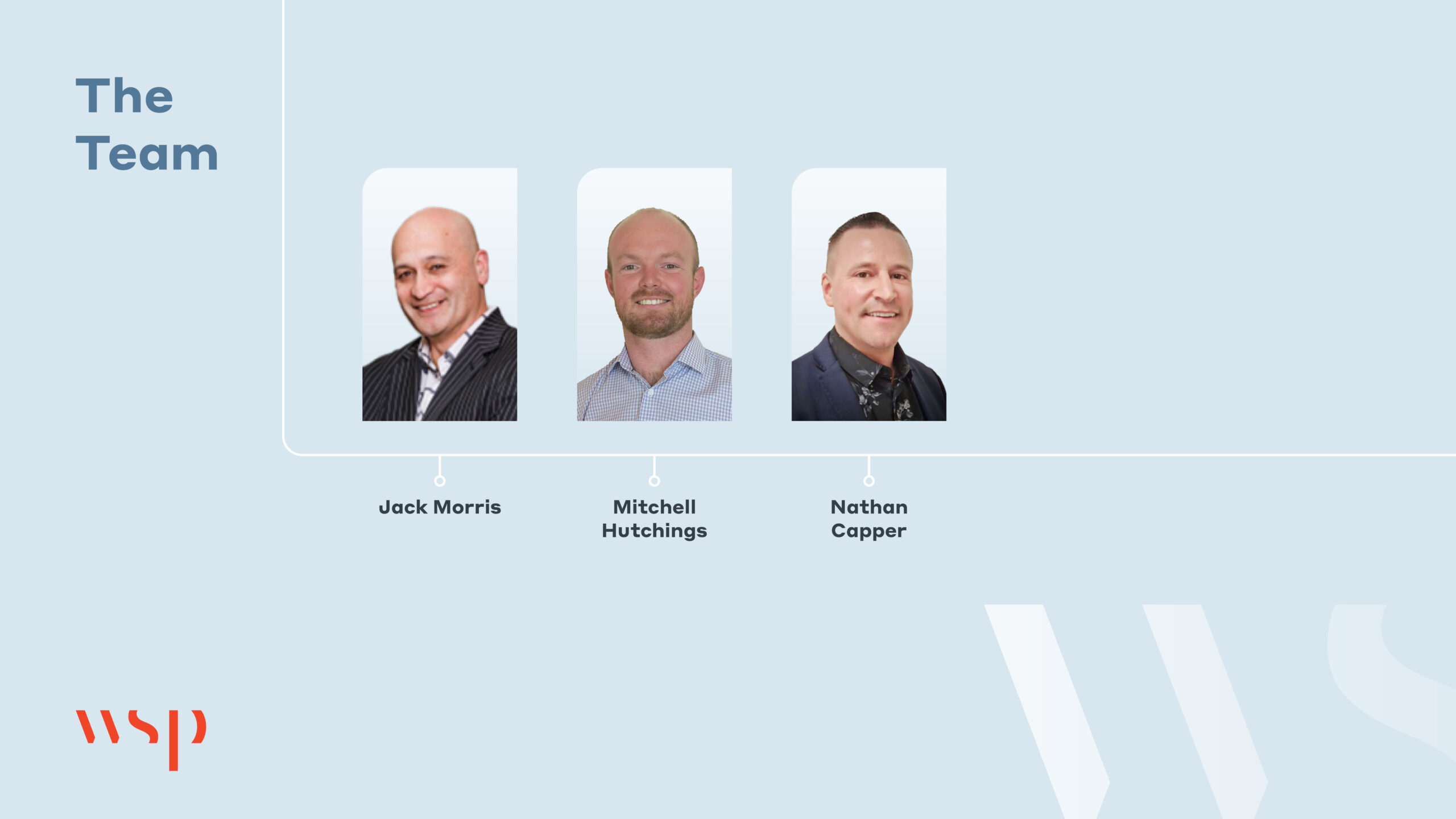
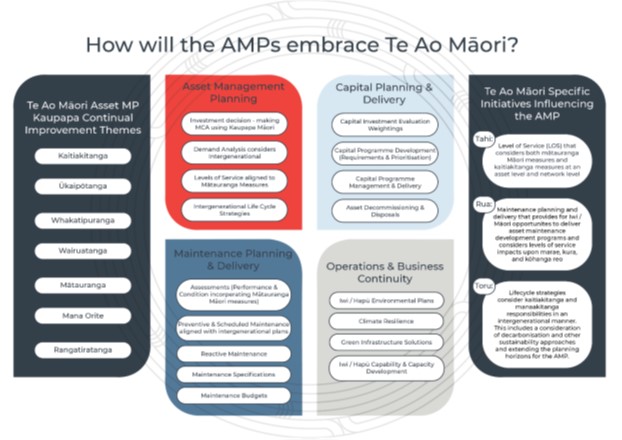
This project was successfully delivered using a methodology and framework that has never existed before. It required an innovative client centric project delivery approach.
The initiation phase of this project required careful consideration of client requirements, identifying relationship risks, and understanding the Asset Management (AM) maturity of iwi and Nelson City Council (NCC). Critically understanding the value of the project resulted in enhancing the mana of both Treaty Partners. This required testing Kaupapa Māori Asset Management (KMAM) concepts with iwi and NCC and identifying where the largest systemic improvements could be achieved. This process was collaborative and included exploring new AM philosophies to arrive at an agreed Kaupapa Māori Asset Management Framework (KMAMF).
The consultation strategy for this project was pivotal to securing and maintaining the trust and confidence of NCC and iwi. A targeted range of initiatives was undertaken to align with time and funding thresholds. This included interviews with key staff, question and answer sessions with each council team, presentations to senior council leaders and asset managers, hui with Iwi senior leaders, and focus group discussions with asset groups. WSP then hosted wānanga to test thinking and confirmed our approach by remaining sound and consistent with project goals.
The design phase of the project methodology and project plan required intensive client/iwi engagement to define the KMAMF. The project methodology comprised of an innovative and independent KMAMF that aligned with key AM NAMS, ISO and IIMM standards. This created a culturally responsive and sustainable AM focus.
Completing this project signified a ‘step change’ in how AM is delivered. It helps elevate the importance of Te Ao Māori (Māori worldview) and mātauranga (Māori knowledge) in delivering long-term resilient, considered, and culturally aware AM practices. It has also opened relationships that can endure beyond regular AM cycles.

